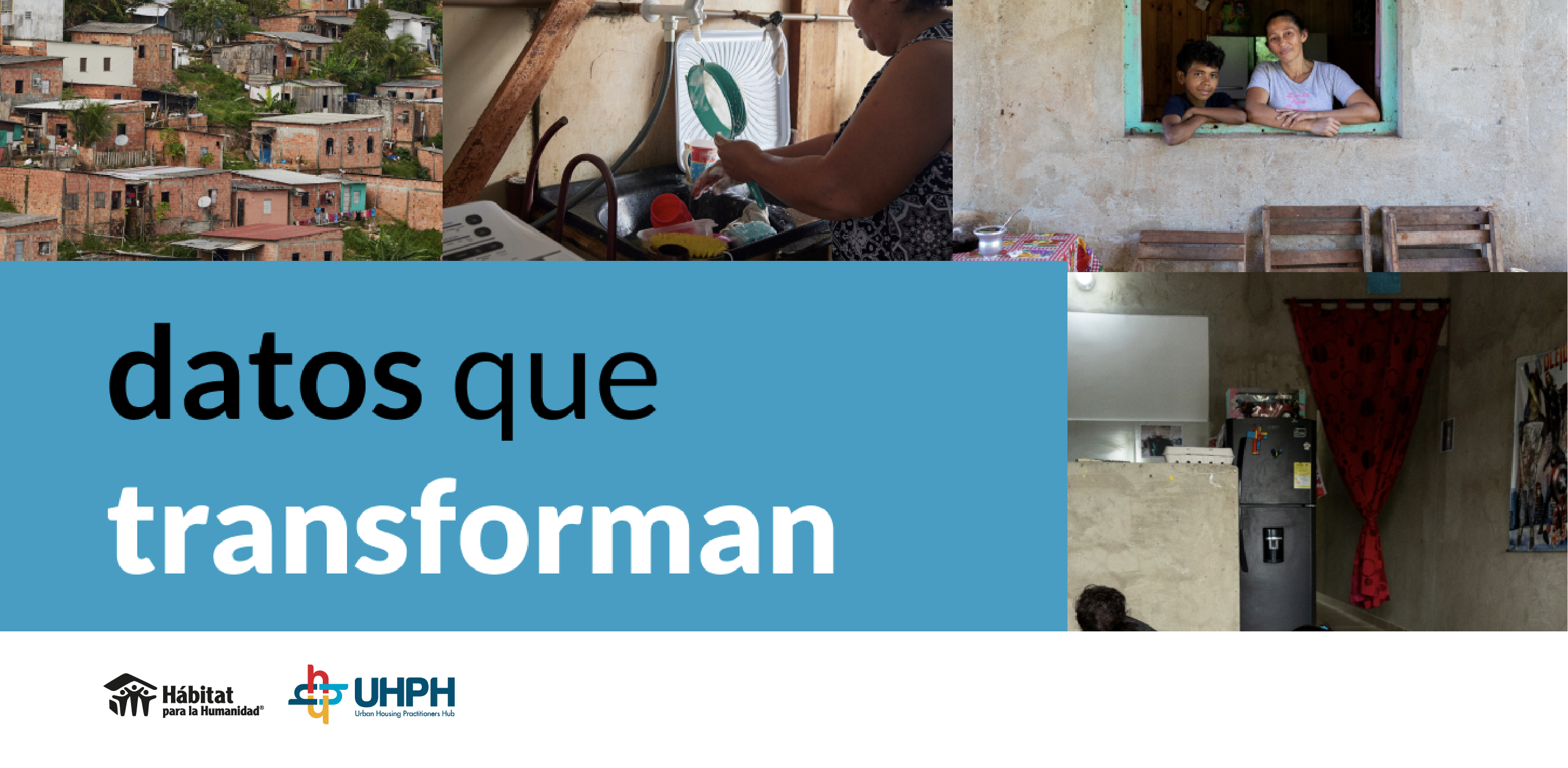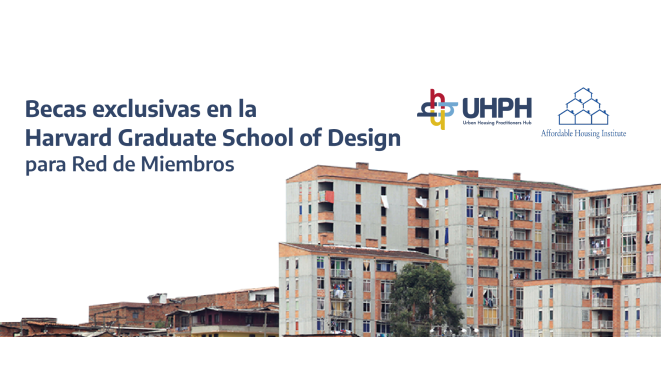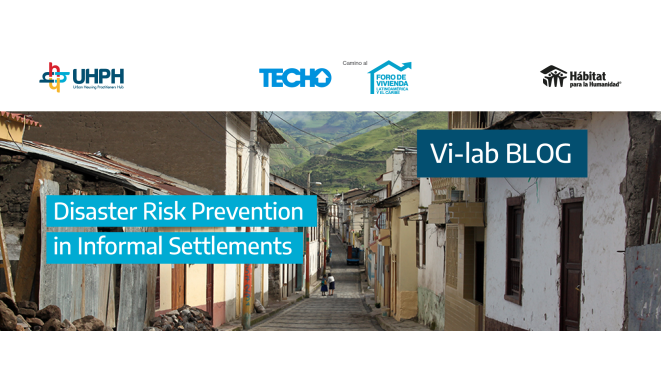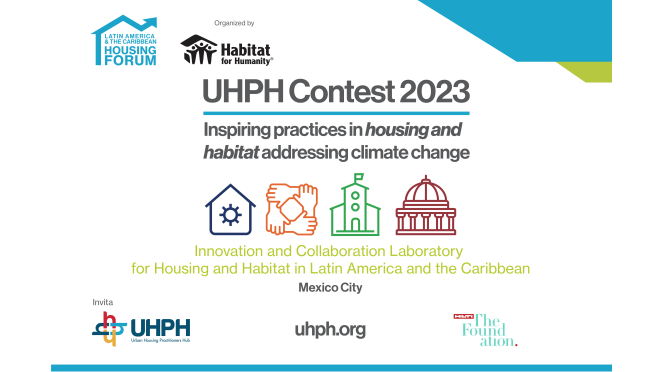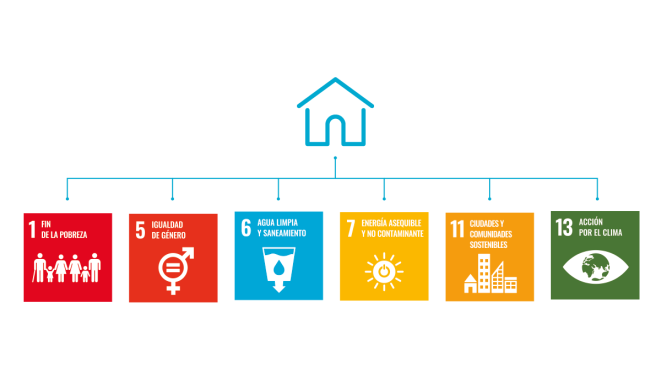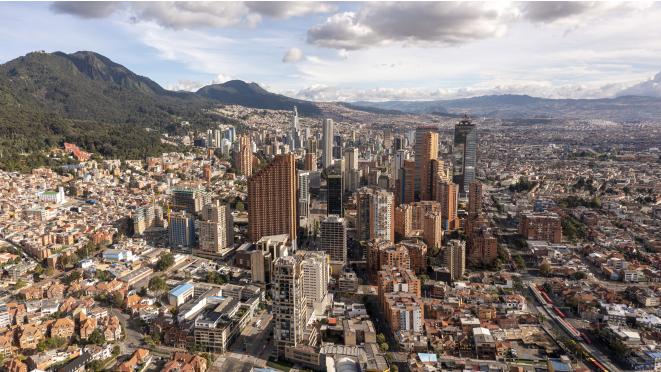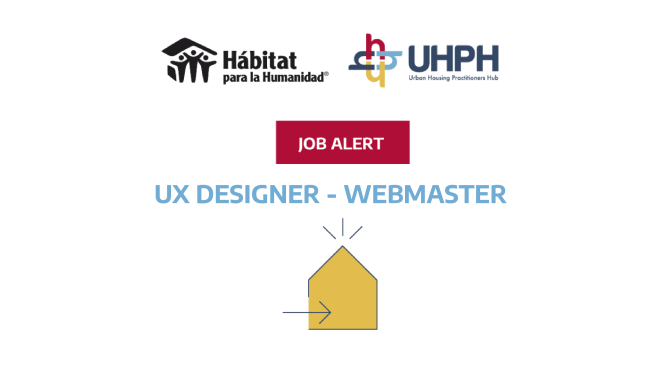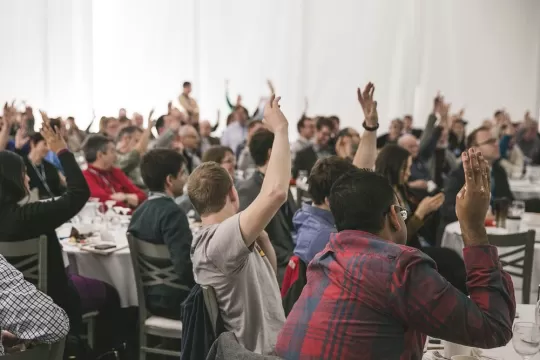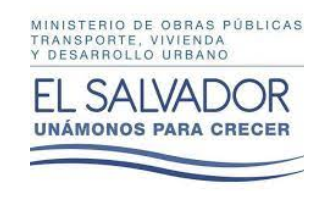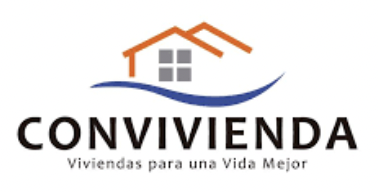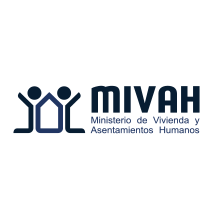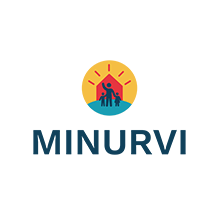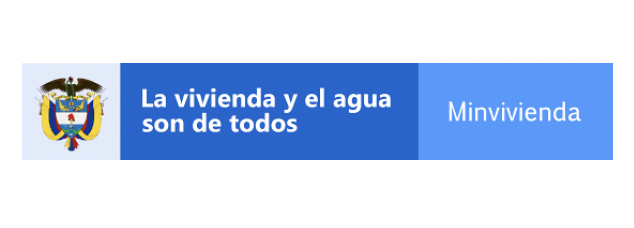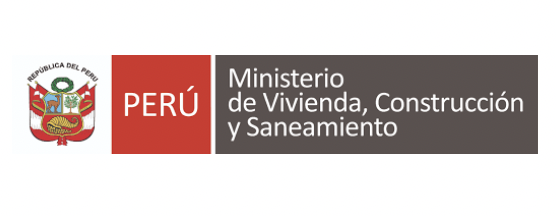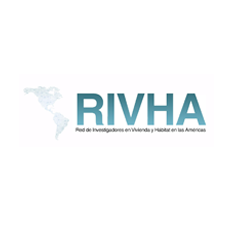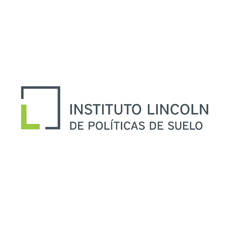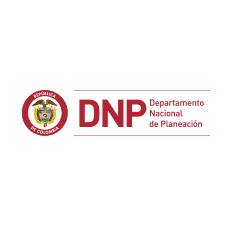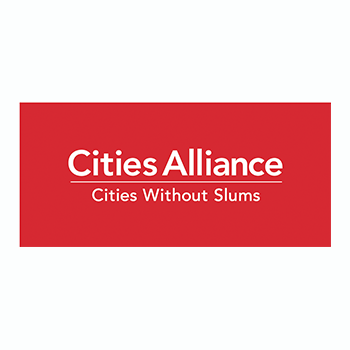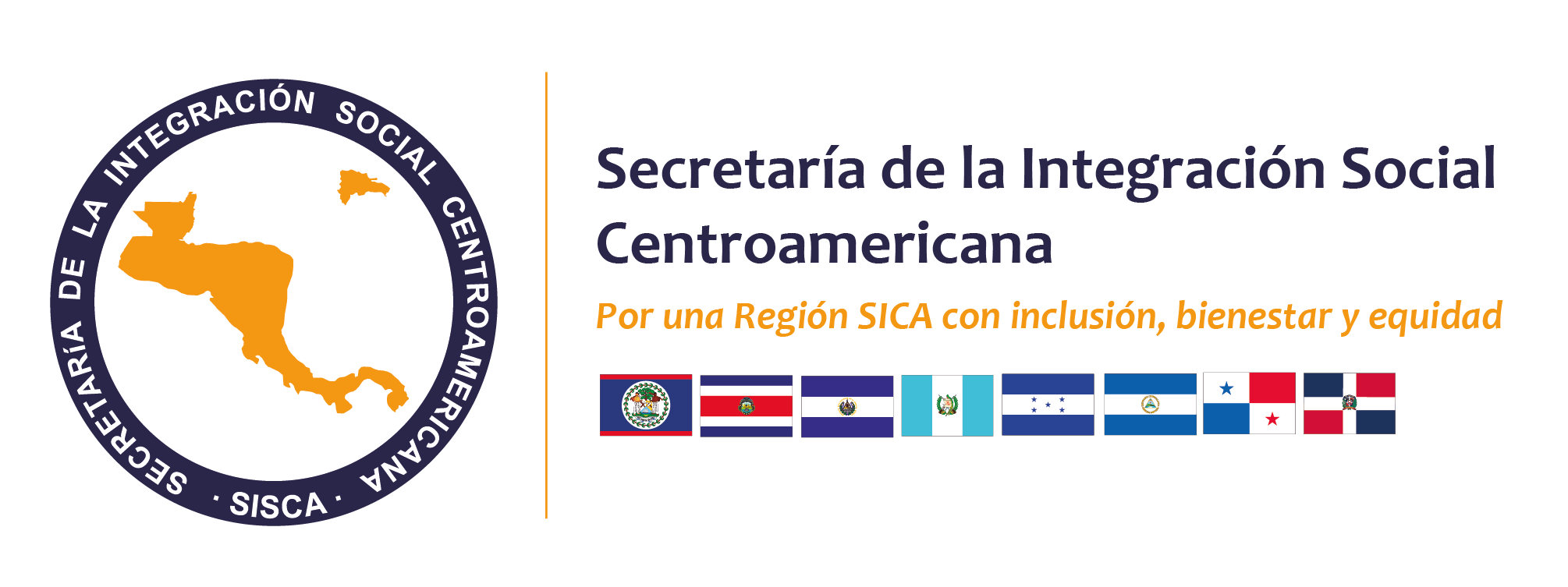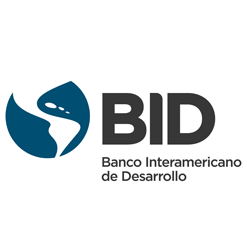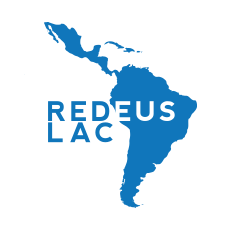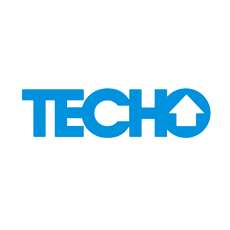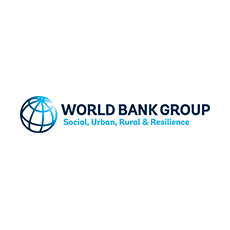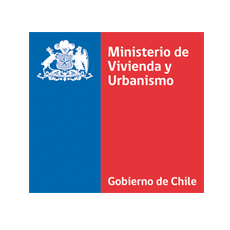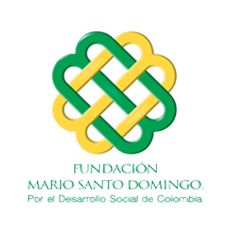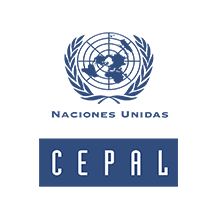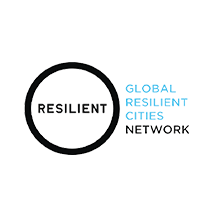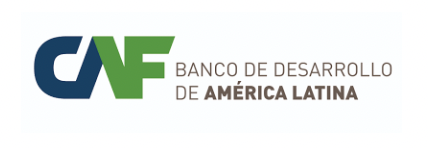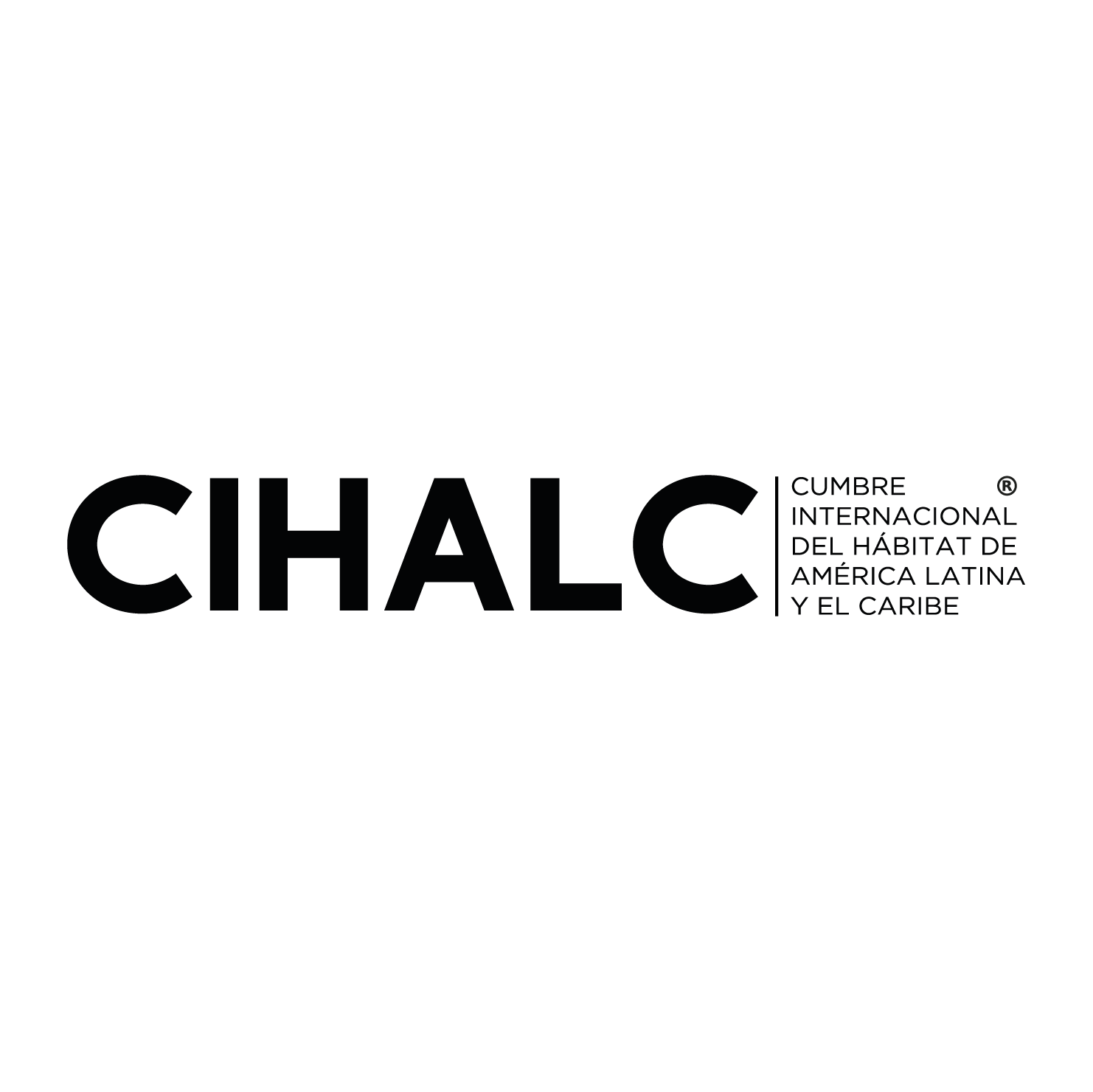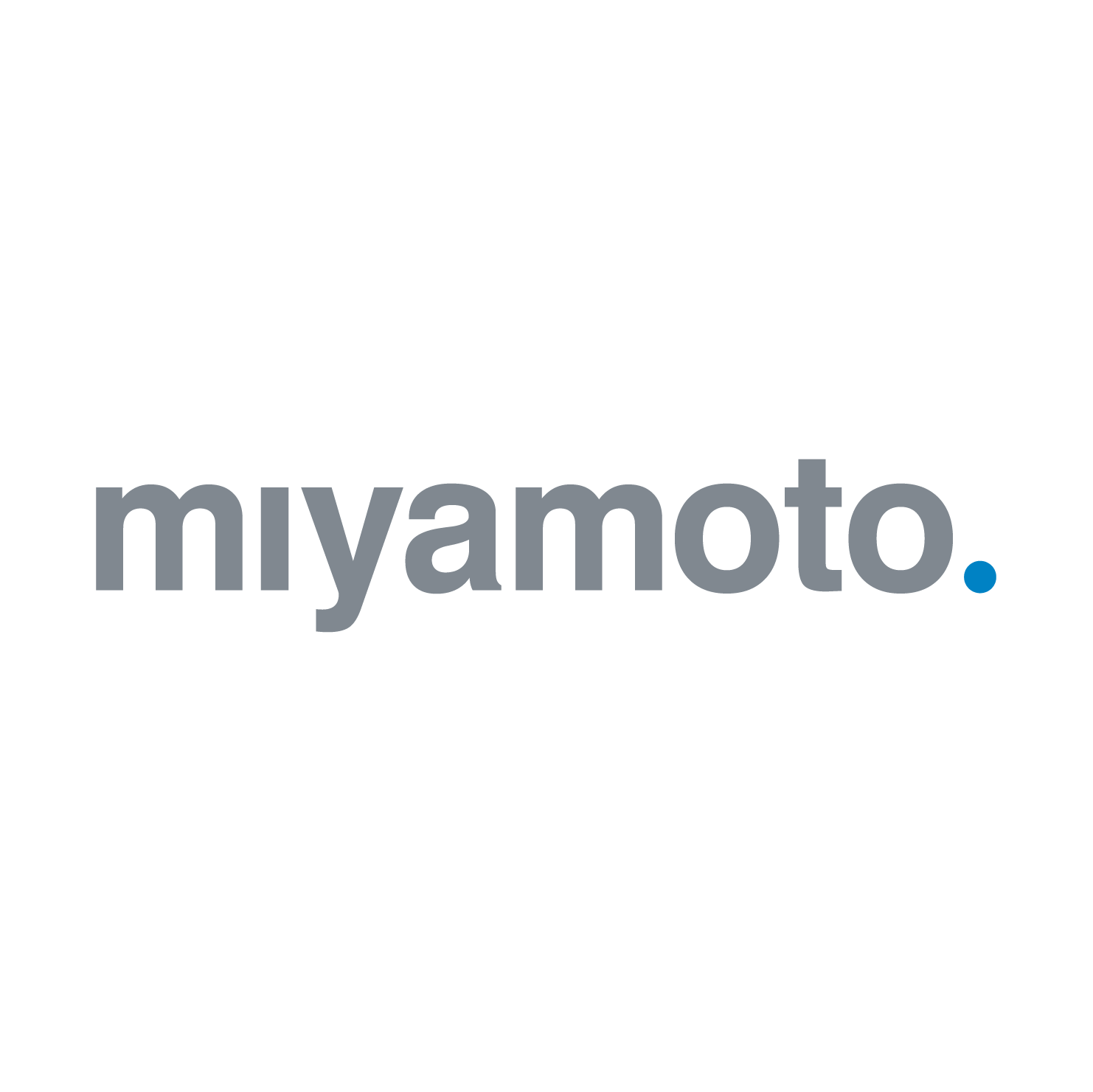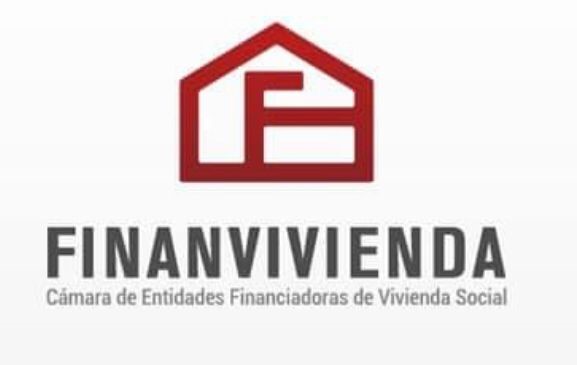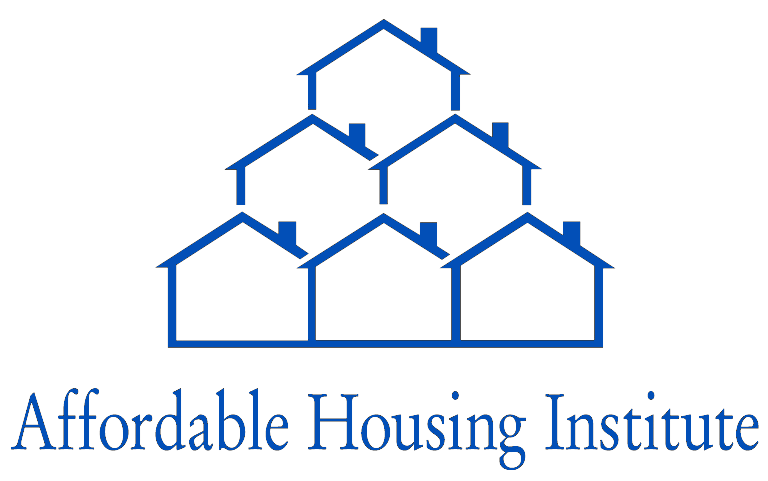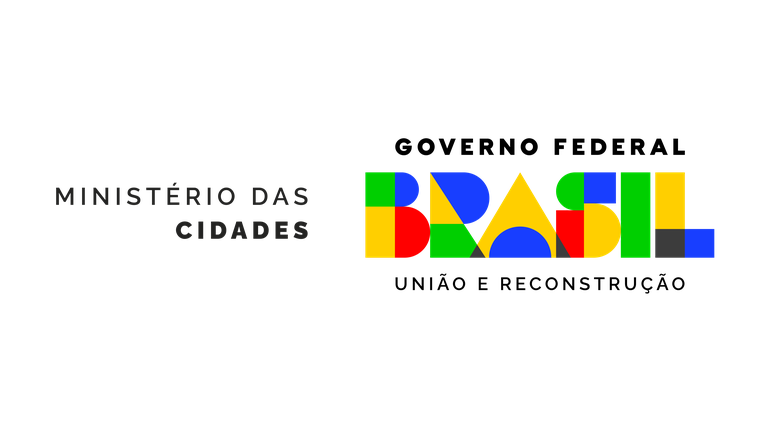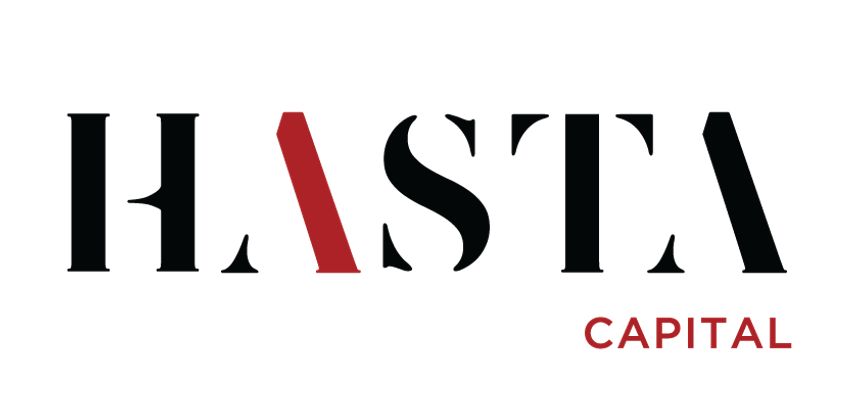Newsfeed

What is UHPH?
The Urban Housing Practitioners Hub (UHPH) is a multi-actor coalition that generates incidence in multiple actors from the region, promoting meeting, the exchange of good practices, innovative action and knowledge management in housing and habitat, acting as a Public Good in Latin America and the Caribbean
Mission
Facilitate the exchange of practical knowledge and experiences to accelerate progress in promoting equal access to adequate and affordable housing, with the ultimate goal of fostering prosperous and resilient cities.
Vision
Advance the region in promoting equal access to adequate and affordable housing to build inclusive, equitable, sustainable, resilient, and prosperous cities, contributing to the achievement of the Sustainable Development Goals and the New Urban Agenda.
Coalition track record
UHPH was born in October 2015 during the Habitat III summit, the United Nations Conference on Housing and Sustainable Urban Development. Its formal constitution was created thanks to the support and financing of Cities Alliance and Habitat for Humanity, along with the articulation of various other regional actors, such as the Inter-American Development Bank, the World Bank, academic networks such as RHIVA and REDEUS, private trade union organizations, such as UNIAPRAVI and various Ministries of Housing and Urbanism of the region, Brazil and Chile being some of its precursor partners.
Five years after its creation, the UHPH coalition and platform has managed to position itself as a true catalyst for housing and urban development in Latin America and the Caribbean, promoting the frequent exchange of knowledge and good practices among a series of key actors for the development of the region. In a relatively short time, the platform has produced meetings and exchanges between practitioners in various areas of housing and habitat development, ministers of state, multilateral organizations, social and urban rights defenders, study centers, private organizations, NGOs, foundations, international social organizations, and academic institutions, among others.
What does the UHPH do?
The platform's structure consists of three main lines of action

Promoting Meetings and Exchange
UHPH enhances interaction and meetings both within the coalition and outside, considering the links between the strategic partners themselves, as well as those with other external actors, institutions, and individuals at the regional and global levels.
Connect actors, linking knowledge, practices and expertise of different practitioners to promote the transfer of knowledge relevant to the challenges of the region, both from the internal experience of the region and from other regions of the world.
To influence multiple actors in the region, seeking that, from the encounter and exchange of experiences, the agendas and practices of the different actors mutually influence each other.
To inspire and catalyze collective action by providing specific spaces for meeting and exchange between partners with potentially aligned interests.

Promoting Action and Innovation
This dimension of UHPH's operations seeks to generate conditions and promote terms so that the meetings between multiple actors translate into concrete actions that generate innovation and actual impact in the region.
Catalyze collective action towards the co-creation of solutions, ensuring that the synergies arising from the meeting between actors lead to action, whether in the field of research, projects, public policies or other, the UHPH will seek to lead the complementarity of its partners towards collective action.
Visibilize relevant gaps and deficits as well as good practices for the development of the region in the area of housing and habitat, which will allow prioritizing areas of action, strategically driving innovation towards priority gaps and promoting the replicability of successful practices, whether in research, project development, public policies or other relevant initiatives.
Facilitate the creation of strategic alliances between actors, once relevant linkages and synergies have been identified.

Managing Knowledge
Addresses all activities related to managing content (information, research, good practices, public policies, programs, etc.) that are oriented to application and practice. This dimension is directly related to the consolidation of UHPH as a digital platform that is based on a multi-actor network as a means of knowledge management.
Collect, systematize and disseminate information, knowledge and best practices nurtured from the knowledge and experiences of the Platform's lines of action and also contributed by its strategic partners or various actors convened, through the platform and in an open manner to facilitate its use and understanding.
Disseminate and disseminate activities, courses and publications that partners make available to support the generation of collective knowledge.
Transfer knowledge through trainings offered in collaboration with the strategic partners of the UHPH.
Steering Committee
Will be the body that strategically directs the coalition, being a resolutive and frequent decision-making body that addresses strategic, operational, and financial decisions along with those actions of regional and global extension.
-
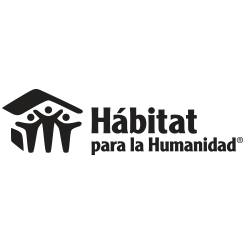
Habitat for Humanity
Official Forum organizer. Habitat works to ensure that families have access to housing that allows them to gain the strength, stability and self-sufficiency required to build a better future.
-
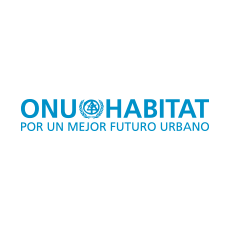
ONU Habitat*
Permanent guest of the Board. The United Nations Human Settlements Programme is the United Nations programme for human settlements and sustainable urban development.
*UN-Habitat's contribution to the UHPH Platform has been possible, among others, thanks to the support of the Spanish cooperation through the Ministry of Transport, Mobility and Urban Agenda.

Panel of Experts
-
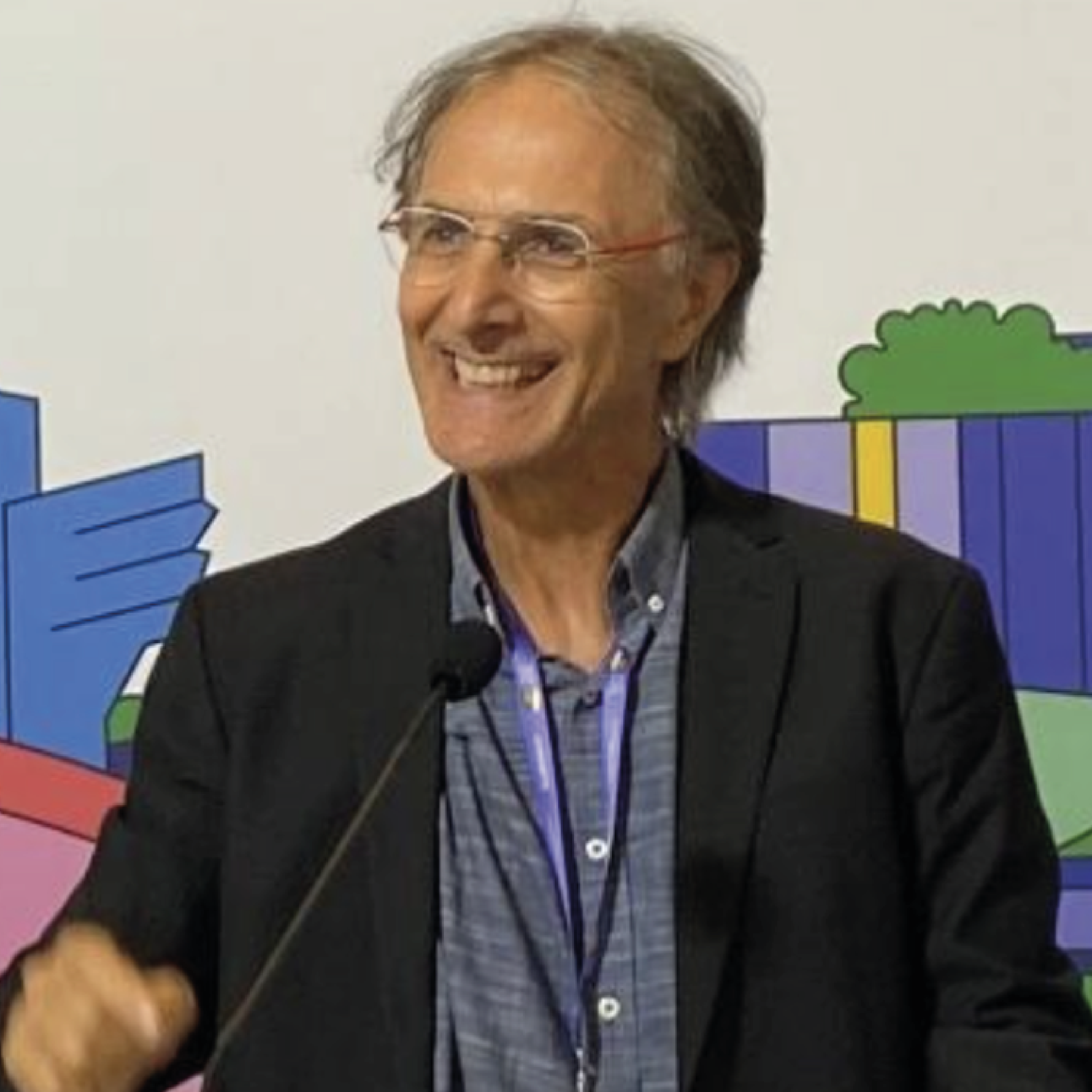 Claudio Acioly
Claudio AciolyClaudio Acioly Jr. es un reconocido arquitecto y urbanista con más de 40 años de experiencia internacional en más de 45 países. Su especialidad abarca políticas de vivienda, mejoramiento de barrios informales, desarrollo urbano y fortalecimiento de capacidades, colaborando con gobiernos, instituciones académicas y organizaciones multilaterales como ONU-Hábitat, el Banco Mundial, el PNUMA, PNUD, GIZ y la Unión Europea entre otros.
A lo largo de su carrera, ha ocupado cargos clave como gestor de programas, asesor de políticas y experto técnico. Entre 2008 y 2019, se desempeñó como Jefe de Políticas de Vivienda y Fortalecimiento de Capacidades en ONU-Hábitat, liderando importantes iniciativas como el Programa de Derechos de Vivienda de la ONU y coautoría de marcos estratégicos y políticas influyentes. Actualmente, Acioly es investigador asociado y profesor visitante en el Instituto de Estudios de Vivienda y Desarrollo Urbano (IHS), además de consultor internacional independiente. Participa en la gobernanza de varias organizaciones como miembro de los consejos directivos del Center for Affordable Housing Finance (CAHF), Global Urban Development (GUD) y Max Foundation.
Es miembro del Grupo de Expertos de la UHPH - Plataforma de Practicas del Hábitat Urbano. Con una trayectoria basada en la práctica, la educación y la formulación de políticas, Acioly sigue influyendo en el desarrollo urbano global mediante liderazgo intelectual, asesoría estratégica y participación en conferencias internacionales.
-
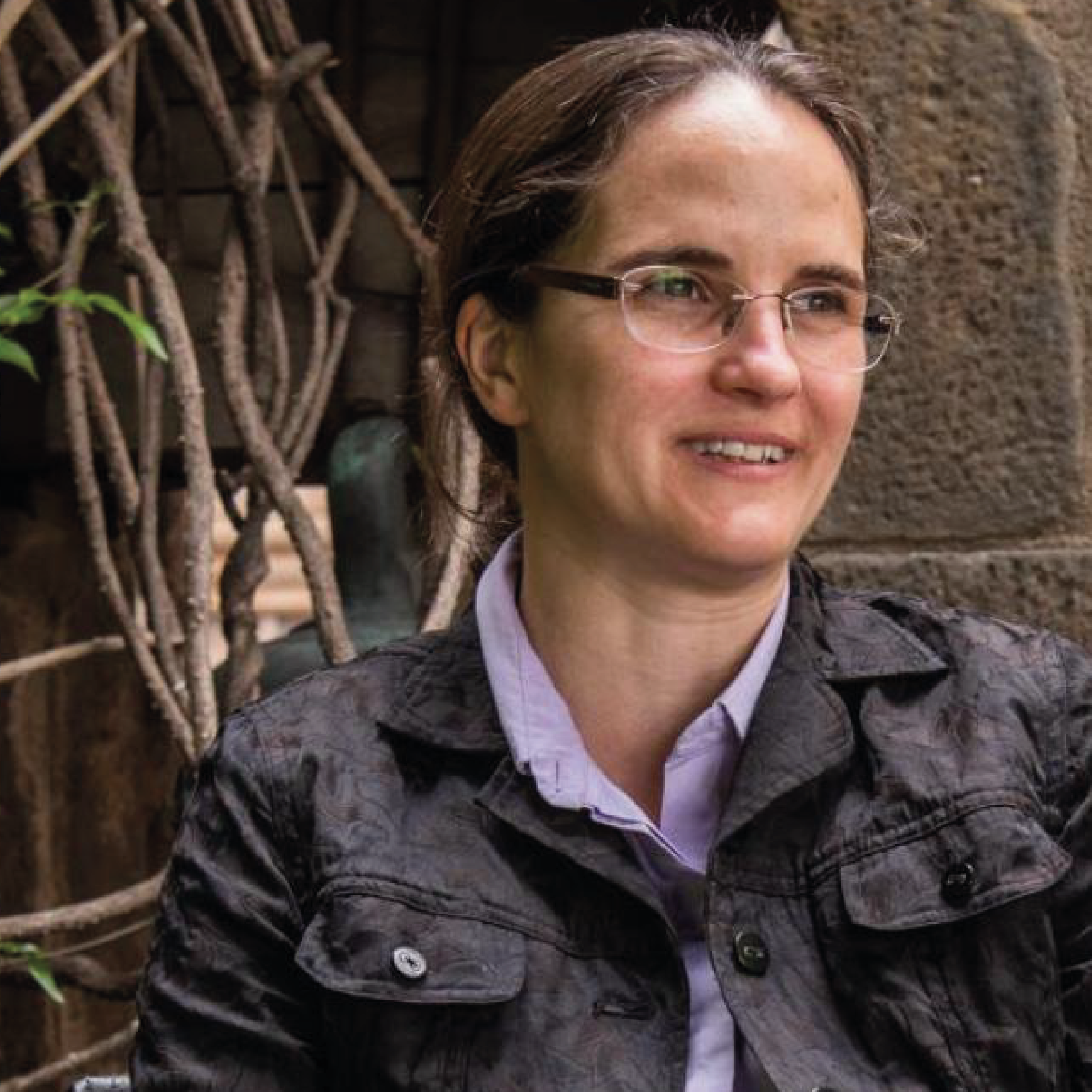 Lorena Zárate
Lorena ZárateLorena Zárate es co-fundadora y co-coordinadora de la Plataforma Global por el Derecho a la Ciudad. Entre 2011 y 2019 fue presidenta de la Coalición Internacional para el Hábitat (HIC por siglas en inglés) y previamente coordinadora de la Oficina regional para América Latina (HIC-AL) en la Ciudad de México. Desde hace más de dos décadas se ha involucrado en múltiples iniciativas de articulación de movimientos sociales y organizaciones de la sociedad civil, incluyendo la Carta Mundial por el Derecho a la Ciudad (2003-2005), la Carta de la Ciudad de México por el Derecho a la Ciudad (2008-2010) y la Nueva Agenda Urbana (2016).
A su vez, ha colaborado con la Relatoría Especial para el Derecho a la Vivienda Adecuada de las Naciones Unidas y la red de Ciudades y Gobiernos Locales Unidos (CGLU). Es co-editora de libros, autora de múltiples artículos (publicados en América Latina, América del Norte y Europa) y conferencista invitada en eventos internacionales en más de treinta países alrededor del mundo. Estudió historia y pedagogía en su ciudad natal de La Plata (Argentina), e hizo una maestría en economía política en la Universidad de Carleton, Ottawa (Canadá), donde actualmente reside. En 2013 recibió una beca como visitante distinguida del Programa de Geografía y Planeación Urbana de la Universidad de Toronto. Sus áreas de interés actuales giran en torno al municipalismo feminista, los cuidados y los comunes urbanos en América Latina y otras regiones, con foco en las colaboraciones público-comunitarias.
-
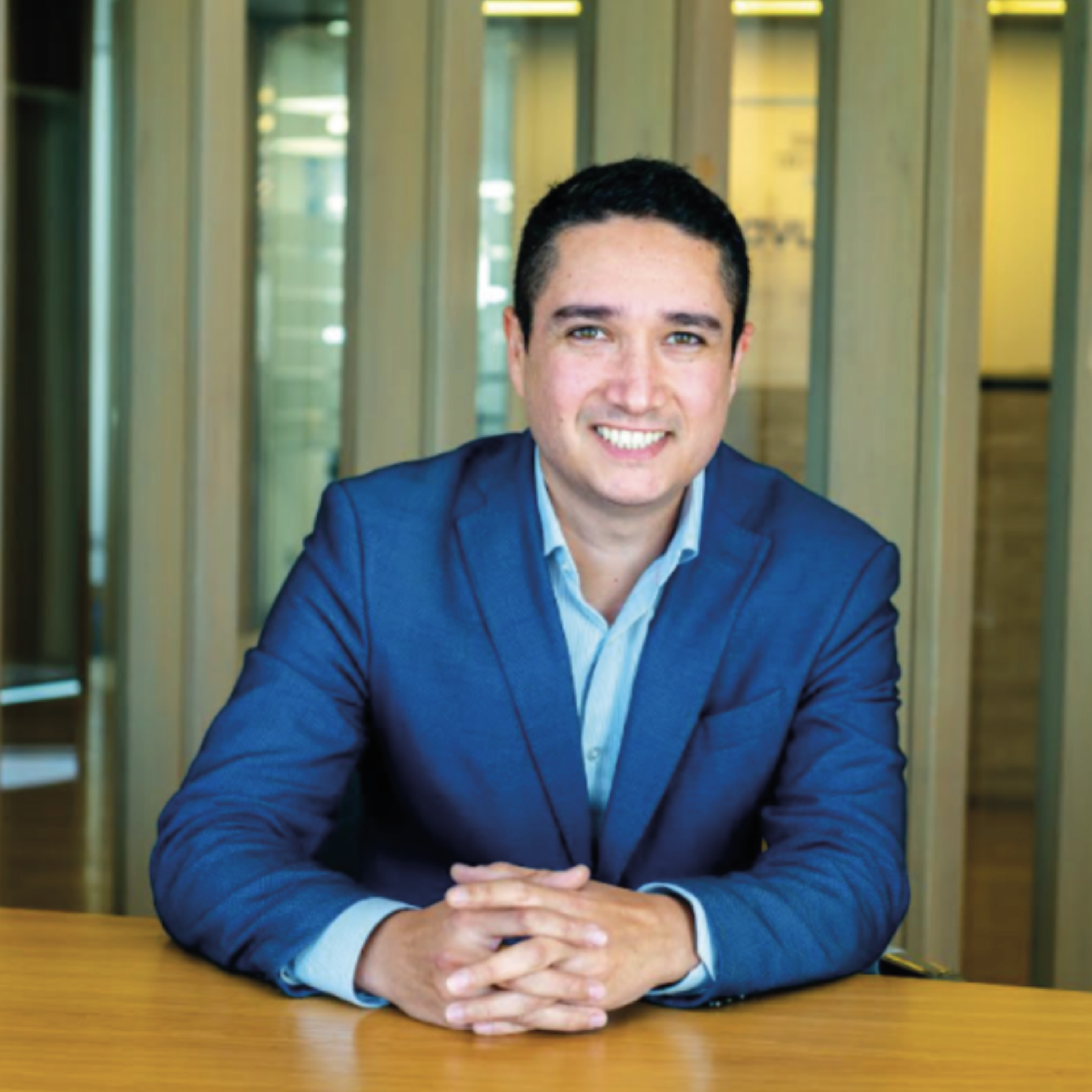 David Muñoz
David MuñozDavid, CEO y Co-fundador de Creditú, lidera una de las Fintech de mayor impacto en Latinoamérica. Con la misión de democratizar el acceso al financiamiento, ha escalado la compañía hasta tener presencia en tres países, transformando la vida de miles de personas y PyMEs. Bajo su liderazgo, Creditú ha canalizado más de USD 800 millones en créditos, con un foco estratégico en el financiamiento para la vivienda, impulsando la inclusión financiera en segmentos tradicionalmente desatendidos.
Con 15 años de experiencia global, la carrera de David se ha centrado en transformar negocios para generar un impacto social positivo. Antes de fundar Creditú, ocupó roles de alta dirección en la compañía de seguros AVLA, donde fue Country Manager/CEO para Chile y Director Corporativo de Riesgos, Operaciones y Tecnología para Chile, Perú, México y Brasil. Previamente, fue consultor en McKinsey & Company, especializándose en la práctica de Operaciones para industrias como la banca, aerolíneas y minería.
David posee un Doctorado (Ph.D.) en Ingeniería Industrial e Investigación de Operaciones y un Magíster en Ingeniería Industrial de Pennsylvania State University. Durante su doctorado, su investigación fue financiada por prestigiosas agencias estadounidenses como el National Institutes of Health (NIH), la National Science Foundation (NSF) y la Agencia de Proyectos de Investigación Avanzada de Defensa (DARPA). Además, cuenta con una certificación como Advanced Analytics Translator, otorgada por McKinsey en colaboración con Carnegie Mellon University.
-
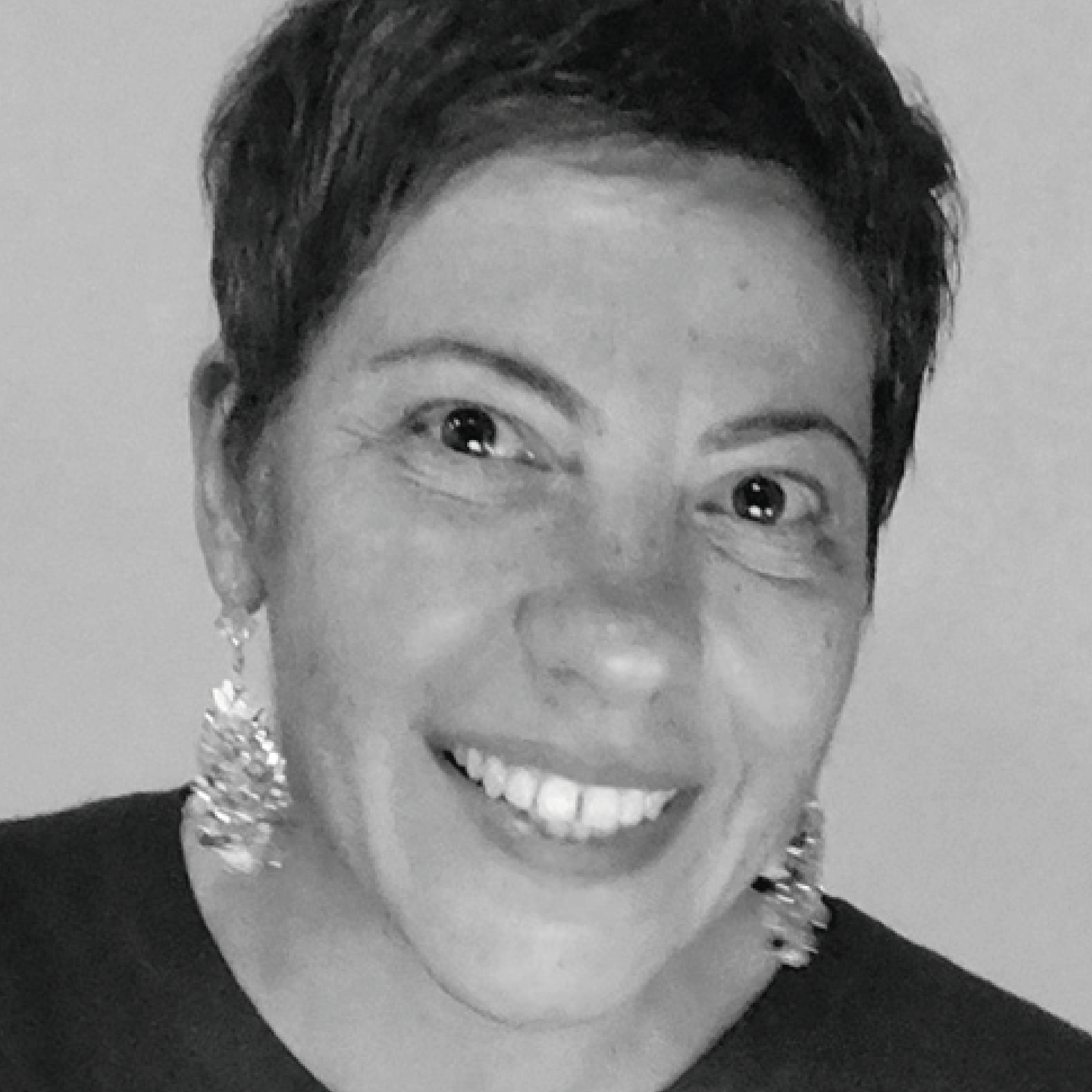 Paola Siclari Bravo
Paola Siclari BravoUrbanista, investigadora y evaluadora sénior de políticas y programas de vivienda y desarrollo urbano. Inició su carrera profesional en la Municipalidad de Huechuraba (Chile) en los años 90. Su sólida formación y extensa trayectoria en diversas instituciones de gobierno, academia, organismos multilaterales y Naciones Unidas, le permite analizar de forma crítica y proponer respuestas posibles a los retos que enfrentan las ciudades de la región y los desafíos de implementación de la Nueva Agenda Urbana y Agenda 2030.
Autora principal de los reportes regionales: «Gobernanza responsable de la tierra en zonas urbanas y periurbanas de América Latina y el Caribe» (ONU-Hábitat-HfH, 2017) y «Implementación de la Nueva Agenda Urbana en América Latina y el Caribe, 2018-2022» (ONU-Hábitat, 2022). Es doctora en Políticas Urbanas por The New School ©, máster en Planificación Urbana para Países en Desarrollo por la Università IUAV di Venezia, máster en Desarrollo Urbano por la Pontificia Universidad Católica de Chile y licenciada en Arquitectura por la Pontificia Universidad Católica de Valparaíso.
The Expert Group will provide guidance and technical knowledge to strengthen UHPH platform actions to benefit the construction of inclusive, equitable, sustainable, resilient, and prosperous housing and communities in Latin America and the Caribbean.
Advisory Council
is a body that brings together several key strategic partners in the development of housing and habitat in the region. In the proposed transitional governance model, the current UHPH Advisory Council will undergo a process of ratification and amplification of its members, in addition to the redefinition of specific roles and tasks.
